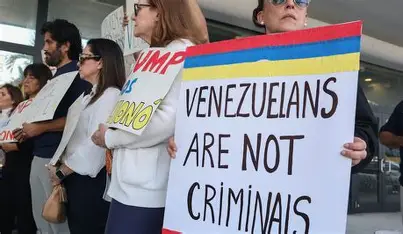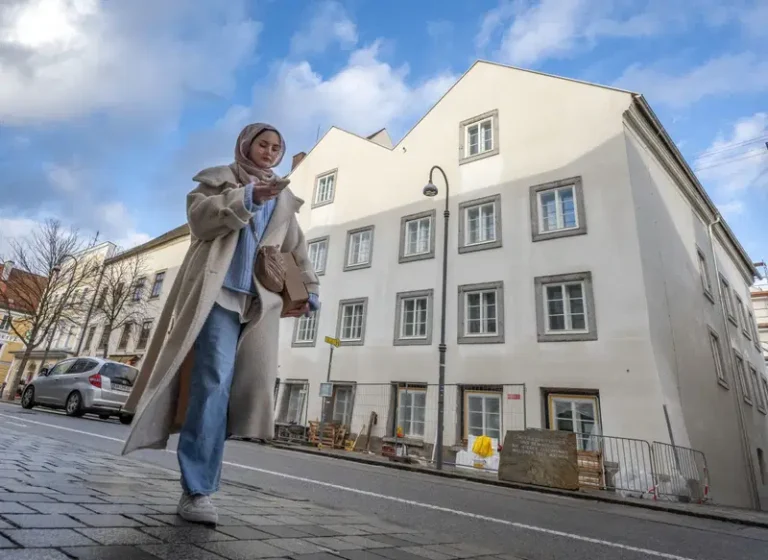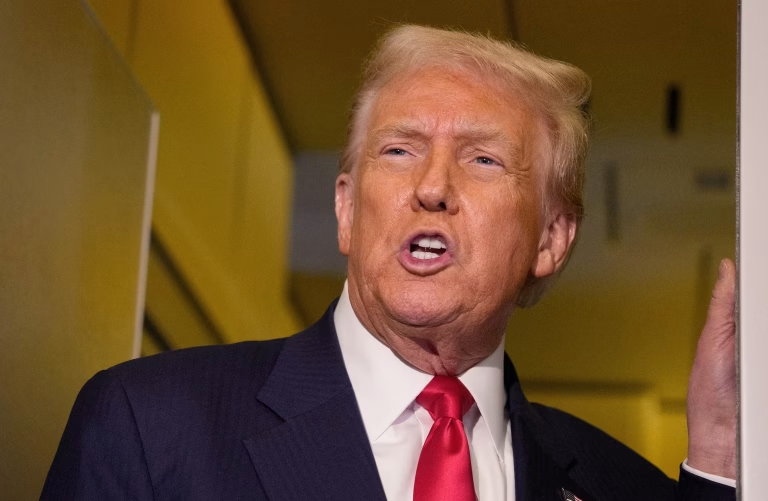By BOLA ADEDIRAN
A few days before the invasion of Ukraine by Russia, I listened to one of my students describe the emotional anguish of his grandfather regarding the unfolding events in Ukraine as he drove the boy to my lecture that morning. According to him, the grandfather had lived through the horrors of the Second World War and had hoped that “we had all learnt our lessons”. Three days later, the Russian Federation President, Vladimir Putin ordered an attack on Ukraine.
The conflict in Ukraine is being described as the most significant international security threat since the end of the Second World War. At first, the statement smacks of eurocentrism and dismisses the horrors of war peoples outside of the European continent have experienced over the last six decades. Yet, there is, perhaps, some validity to the level of concern that statement expresses. Since Russia’s ‘Special Military Operation’ began on the 24th of February, we have seen a series of escalatory actions and rhetoric that should be concerning to everyone. Russia is being subjected to one of the most comprehensive and damaging sanctions regimes in history. It is being politically excoriated and economically isolated. It has fewer friends now and it is clear that it is staring at the possibility of a complete economic collapse before the end of the year, if the sanctions are not eased. This is why I am most concerned.
Russia is now the most sanctioned state in history. In less than two weeks since the ‘military operation’ began, 2,778 new sanctions have been rolled out against it and its class of oligarchs. This is in addition to previous sanctions imposed after the invasion of Crimea. According to Casellum.ai, a global sanction tracking database, there are now more than 5,530 sanctions against Russian interests. The Russian ruble is tumbling at record levels. Unsurprisingly, Putin has likened the asphyxiating sanctions regime to a declaration of war. Although Russia has managed to build $630 billion financial reserves, some of the sanctions recently imposed by the West target the Central Bank and its ability to respond to stave off the effects of the sanctions. If the Russian economy collapses, it might unleash a new level of desperation and irrationality in the way Putin acts.
Putin has a reputation for being calculatingly cold and mindlessly strategic. Understanding that Russia could not match NATO’s conventional capabilities, Putin had previously relied on an asymmetric warfare strategy. He had managed to oversee the resurgence of Russia by launching campaigns of disinformation that undermined democratic processes in many Western states, weakening societal cohesion and faith in their democratic institutions. He had caused security anxiety in some of the NATO countries by ordering assassinations of critics of the Kremlin whilst being just a little smart enough to maintain plausible deniability. He had managed to assert his influence over Syria and forced the West’s retreat from that country. This has been his modus operandi, and hence, why this full-scale invasion of Ukraine is out of character. By all measures, it also appears that the ill-considered invasion is not going according to plan. He has lost thousands of soldiers and hundreds of military equipment without a clear sign of victory on the horizon. Two of his seasoned Generals have been killed in the theatre of war and he is facing domestic unrest as support for the anti-war protests increase. For the first time in more than two decades, Putin, the master chess player, might be running out of moves.
Western military support has ensured that Kyiv has held steady and refused to roll over so far. In desperation, Moscow has become increasingly indiscriminate in its bombing campaigns. It is now targeting civilian dwellings even as the International Criminal Court Prosecutor, Karim Khan, confirmed that he has opened investigations into alleged war crimes and crimes against humanity in Ukraine. If the casualties keep mounting on Russia’s side, and international sanctions threaten the complete collapse of the economy, might Mr. Putin escalate issues to force a different outcome for Russia?
Russia is well known to have a less stringent guideline for the deployment of nuclear weapons. It tacitly vaunts an escalate to de-escalate military doctrine—meaning it is willing to launch limited nuclear strikes that temporarily escalate the situation to get itself out of a failed conventional warfare where it is on the verge of losing. In pursuit of this strategy, it has amassed more than a thousand low-yield tactical nuclear weapons that are deployable on the battlefield. Contrary to widely held ideas about nuclear weapons, tactical nuclear weapons are designed to be used on the battlefield and have limited radioactive fallout. Its use in Ukraine, however, would signal a serious ratcheting up of the crisis. There would be global moral appeals for the West to do something. The real question is: What would be the West’s response if Putin uses these weapons? There are already growing calls for the imposition of a no-fly zone. So far, NATO has resisted these calls. If Putin seriously escalates the conflict in such a tragic fashion, it would be difficult for the West not to consider being a participant in the conflict. Many global analysts have suggested that NATO’s active participation in the war could potentially mark the beginning of WWIII.
Amidst mounting tensions in February, the US president, Mr. Joe Biden, also suggested that, “when the US and Russia start shooting at each other, that is world war”. Mr. Biden and others are wrong! There will not be any world war. A conflict between NATO and Russia would have serious global ramifications, economy and security-wise, but most of the physical catastrophe will be limited to Europe and North America. If both sides do not opt for a limited war, and tragically deploy high-yield strategic nuclear warheads in their cities, millions will die in Europe and North America. Although the nuclear winter it ushers in would be catastrophic for the rest of the world, but make no mistake about it, the rest of the world would be victims not direct participants in that war.
What Mr. Biden and other western analysts fail to recognise is that it is 2022, not 1939. Many states of the Global South were co-opted into the first and second World Wars in their status as colonies. This time around, we will be bystanders. The Chinese, regardless of their recent chummy relationship with Russia, will not go to war against NATO on behalf of Russia. If they were considering such a possibility, they would not have abstained from the General Assembly resolution that condemned Russia’s action in Ukraine. It would also be in their interest to stay on the sidelines and let the warring parties diminish each other’s capabilities and possibly emerge from that war as the pre-eminent superpower. In the absence of the Chinese, the prospects of a truly global conflict will be diminished. Of course, if China believes a conflict in Europe presents a good opportunity for it to finally annex Taiwan, then all bets are off. In such a scenario, I can only say— see you on the other side!
•Dr Adediran is a lecturer in International Relations at Liverpool Hope University in the United Kingdom.
(The Nation)






